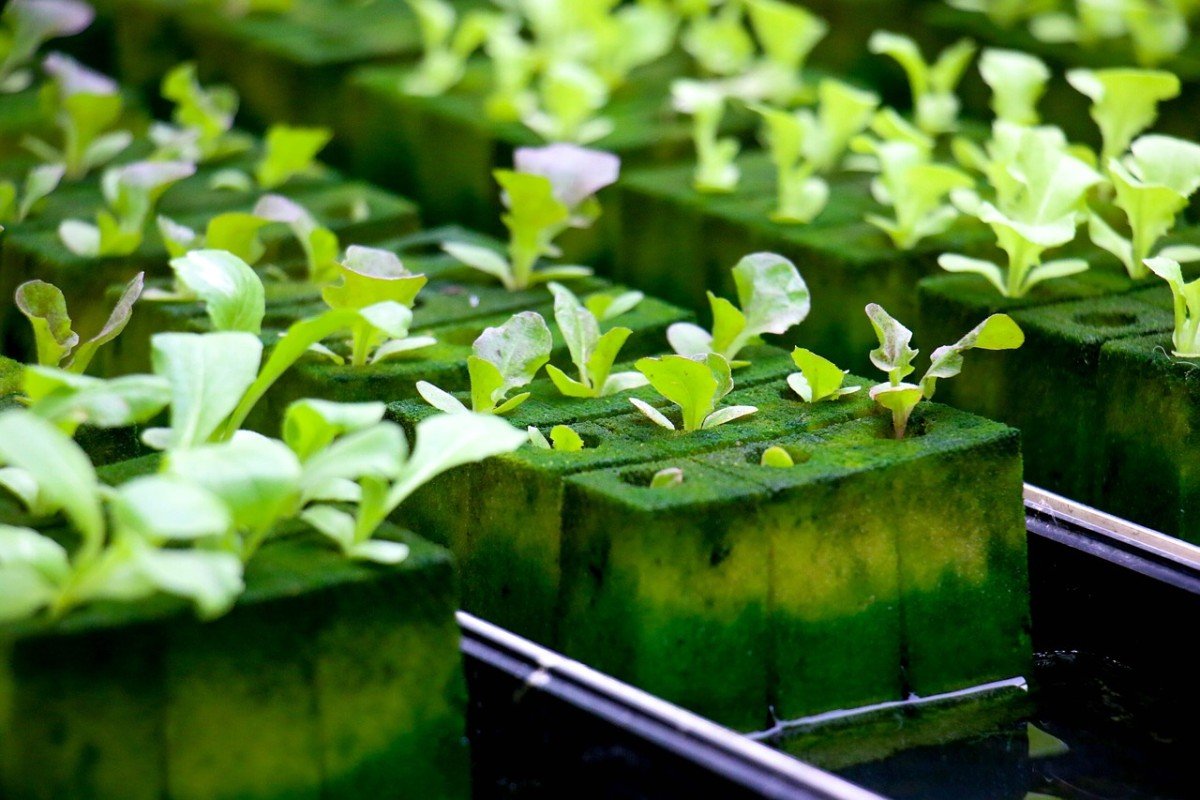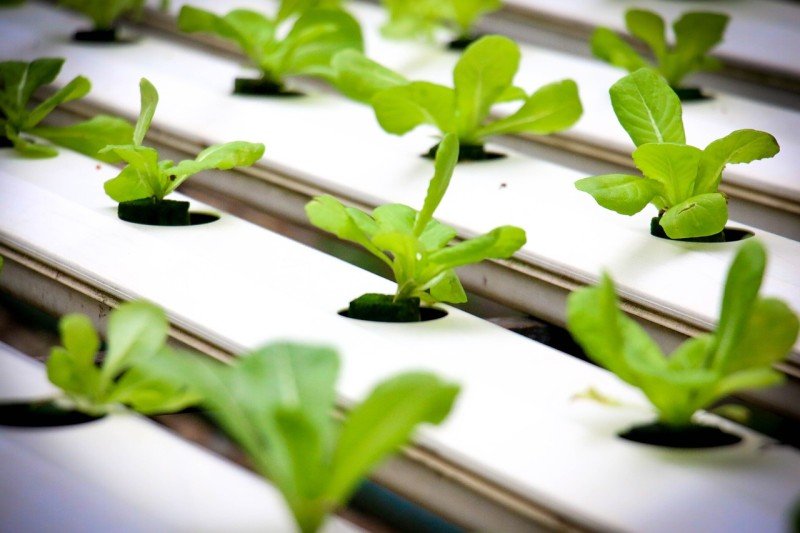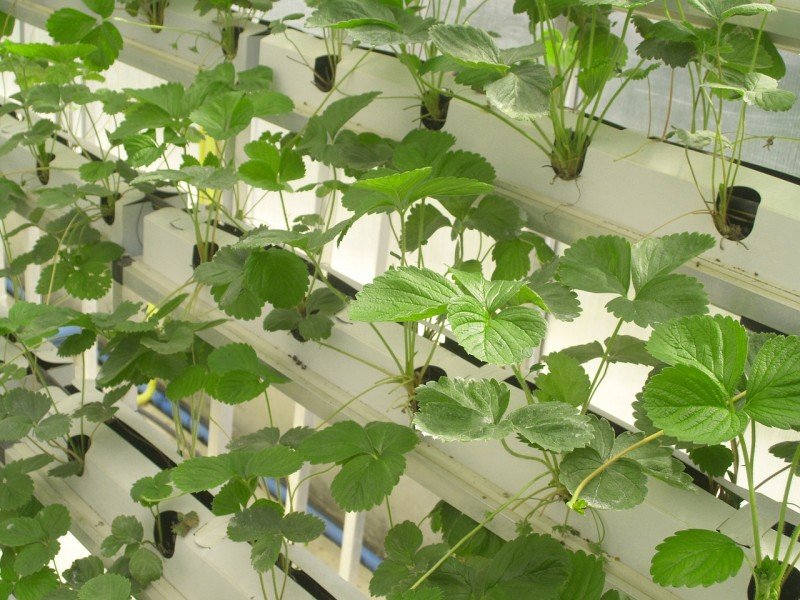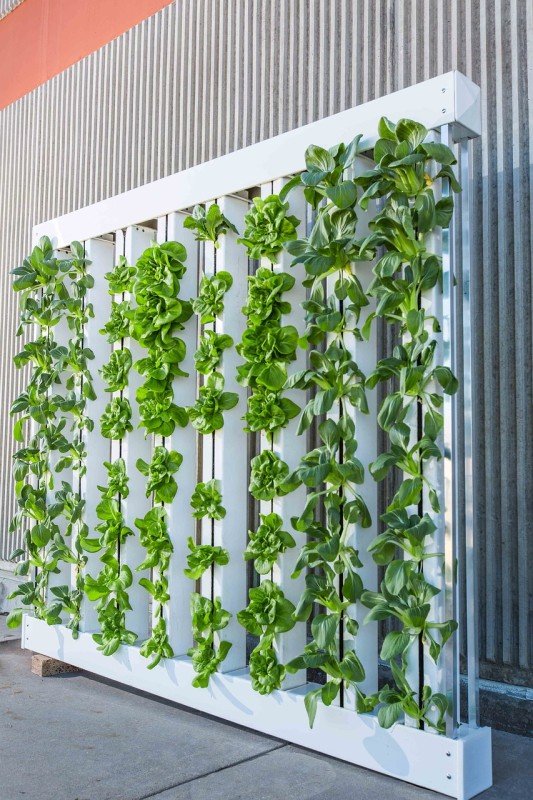Reducing Carbon Footprint: How Hydroponic Systems Are Helping the Environment
Reducing Carbon Footprint: How Hydroponic Systems Are Helping the Environment
Hydroponic systems are a type of growing system that allows plants to grow without soil. Instead, they are grown in a nutrient-rich solution that is circulated around the roots. This type of system has several environmental benefits, including reducing carbon emissions.
Less Land Use
Hydroponic systems can be set up in smaller areas than traditional soil-based growing systems. This means that less land is required to produce the same amount of crops, which reduces the amount of carbon emissions that result from land clearing and soil tilling.
Less Water Use
Hydroponic systems use less water than traditional soil-based growing systems because the nutrient-rich solution is reused instead of being absorbed into the soil. This also means that less water needs to be transported to the growing site, which reduces carbon emissions from transportation.
Less Chemical Use
Hydroponic systems are able to use fewer chemicals to control pests and diseases than traditional soil-based growing systems. This is because the nutrient-rich solution can be tailored to the specific needs of the plants, making them less vulnerable to pests and diseases. This reduces the amount of chemicals that need to be produced and transported, which reduces carbon emissions from manufacturing and transportation.
Less Waste
Hydroponic systems produce less waste than traditional soil-based growing systems because the nutrient solution can be recirculated and reused. This means that there is less runoff and leaching of nutrients and chemicals into the environment, which can reduce water pollution and other environmental impacts.
Summary
Overall, hydroponic growing systems offer several environmental benefits, including reducing carbon emissions from land use, water use, chemical use, and waste production. These benefits make hydroponic systems an important tool for reducing the environmental impact of agricultural production.
Conserving Water Resources: The Sustainable Advantage of Hydroponic Farming
One of the most critical global challenges facing modern-day agriculture is water scarcity. Water scarcity is a significant environmental problem that the world is facing and, if not tackled, could affect the world's food supply. The traditional farming methods, with their excessive use of water, are not good sustainable practices, especially in regions where water scarcity is common. Hydroponic farming, on the other hand, is an excellent solution that provides a sustainable alternative to conventional agriculture practices.
Hydroponic farming is a soilless growing technology that has gained popularity due to its ability to use less water than traditional farming methods. The crops grown with hydroponic farming require less water than traditional crops. One reason for this is that the water is delivered directly to the roots of the plants, reducing water loss due to evaporation, which can occur when water is applied to the soil surface. Additionally, hydroponic farming technology employs a closed-loop system that recirculates water, reducing water usage by up to 90%.
In many parts of the world, water is becoming an increasingly scarce resource, and farmers need to adopt water-saving farming practices to conserve and use the resource more efficiently. Hydroponic farming is a sustainable option that farmers can use to reduce their water consumption by up to 90%. The water saved through hydroponic farming can be directed to other uses, such as households and industries that also rely on water resources.
Hydroponic farming is also suitable for urban farming, where water is even scarcer. Urban farming is an emerging trend globally, and hydroponic farming has proved to be an excellent solution for urban farming. Urban farming helps to alleviate food insecurity, which is a major problem, especially in urban areas. By using hydroponic farming technology, urban farmers can grow their crops in minimal spaces with the minimum amount of water required.
In conclusion, hydroponic farming has many environmental benefits, especially in water conservation. The sustainable advantage of hydroponic farming in conserving water resources makes it an excellent alternative to conventional farming practices. Farmers must adopt sustainable practices such as hydroponic farming to help conserve water resources and ensure food security in the world.
Minimizing Pesticide and Fertilizer Use: The Eco-Friendly Appeal of Hydroponics
One of the biggest environmental benefits of hydroponic growing systems is the ability to drastically reduce the use of pesticides and fertilizers. Traditional soil-based agriculture often requires the application of large amounts of pesticides to ward off pests and diseases, as well as excessive amounts of fertilizers to improve soil fertility. These chemicals can cause harm to the environment, pollute groundwater, and even enter the food chain.
On the other hand, hydroponic systems allow for precise nutrient and water delivery directly to the roots, which means that plants are able to absorb essential minerals and nutrients more efficiently. This reduces the need for fertilizer, as hydroponic systems are optimized for nutrient delivery, ensuring that plants receive precisely what they need to grow and thrive.
Furthermore, hydroponic systems also have an inherent ability to reduce the likelihood of pest infestations. By growing plants indoors in a controlled environment, hydroponic growers are able to naturally prevent, or reduce, exposure to pests and diseases. This means that the need for chemical-based pesticides is significantly reduced or even eliminated altogether, making hydroponic growing systems an eco-friendly alternative to traditional agriculture.
In fact, hydroponic systems have been shown to use up to 90% less water than traditional soil-based agriculture, which saves thousands of gallons of water per year. Additionally, the controlled environment of a hydroponic system reduces the use of energy in comparison to traditional agriculture that relies on natural sunlight and climate.
Overall, the appeal of eco-friendliness through reduced pesticide and fertilizer use is a significant benefit of hydroponic growing systems. Not only does it result in healthier, more nutritious produce, but it also helps to protect and preserve the environment in a sustainable and responsible way.



